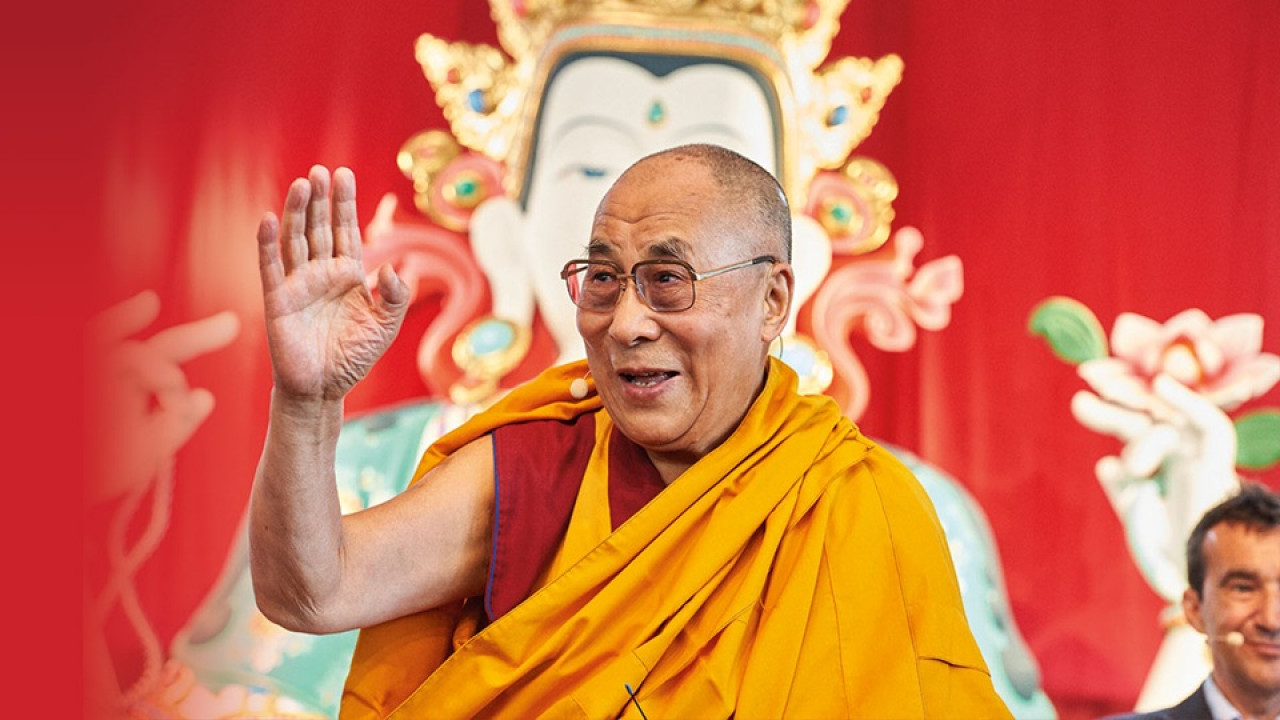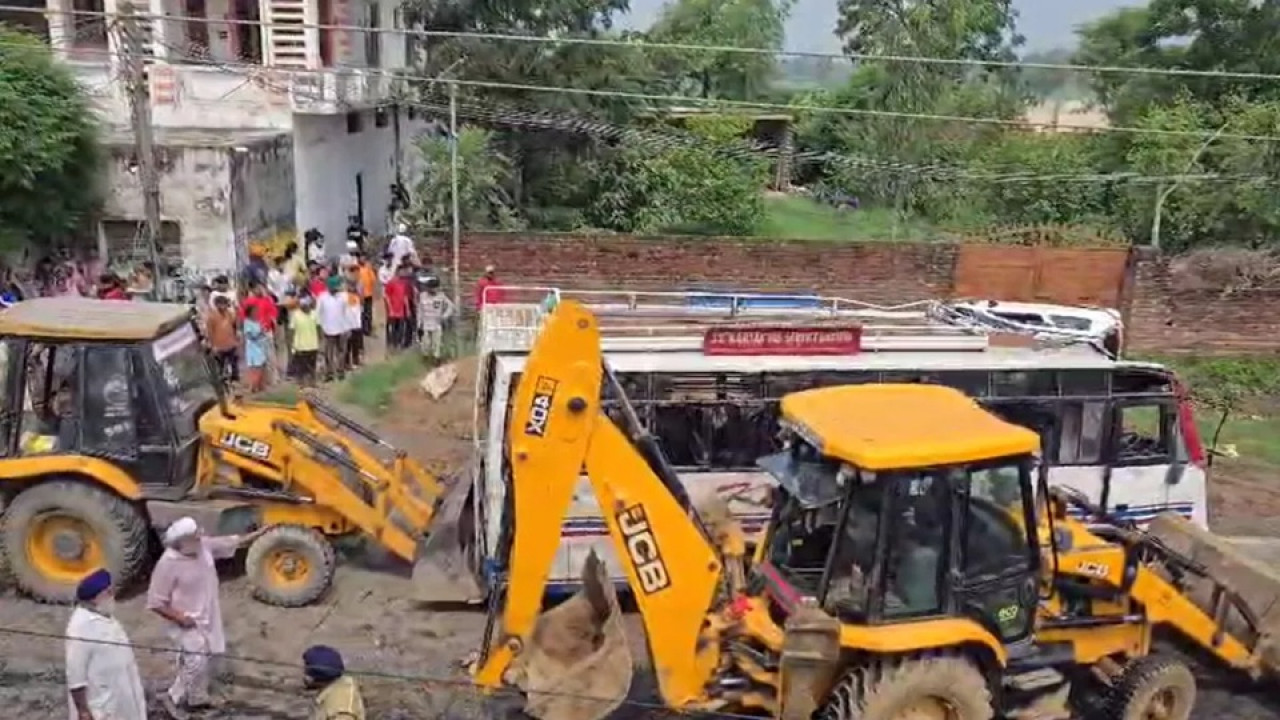National News: Tibetan spiritual leader the 14th Dalai Lama, who recently marked his 90th birthday in Dharamshala, has once again become a focal point in international discourse. During his birthday celebrations, the Dalai Lama made a significant announcement about the process for selecting his spiritual successor, drawing strong objections from China. Meanwhile, India is reportedly preparing to honor him with the Bharat Ratna, the country’s highest civilian award.
As reported by The Economic Times, a group of Indian lawmakers from various political parties, under the banner of the All-Party Parliamentary Forum on Tibet, has proposed that the Dalai Lama be awarded the Bharat Ratna. Over 80 Members of Parliament have already endorsed the proposal, and efforts are underway to gather 100 signatures before formally submitting it to either the Prime Minister or the President of India.
Broad Political Support for Dalai Lama's Recognition
The cross-party parliamentary group, led by senior MP Bhartruhari Mahtab, has held several meetings with the Central Tibetan Administration (CTA), the Tibetan government-in-exile based in Dharamshala. Rajya Sabha MP Sujeet Kumar, who is closely involved in the campaign, shared with The Economic Times:
“Eighty MPs have signed the resolution. We expect around 20 more to join soon. Once we reach 100, we’ll submit it officially.”
China’s Reaction and India’s Response
Tensions have flared between India and China following the Dalai Lama’s statement on succession. On July 2, the spiritual leader announced that the authority to determine his successor lies with the Gaden Phodrang Trust, an organization he himself established. This declaration triggered a sharp response from Beijing, which claimed that the succession of the Dalai Lama is a “domestic matter” for China and that Beijing will decide the next incarnation.
Responding to these claims, MP Sujeet Kumar firmly stated, “China has absolutely no authority to decide the successor of the Dalai Lama. It is a spiritual matter to be determined by the Tibetan people, not a geopolitical one.”
Tibet Forum to Raise Issue on Global Platforms
The All-Party Forum on Tibet has also committed to raising the issue of Tibet's future and the Dalai Lama's legacy at various forums, including within Parliament and international platforms. Their objective is to spotlight Tibetan autonomy, religious freedom, and the right to self-determination in the face of growing Chinese interference.
A Symbol of Peace in a Tense Geopolitical Landscape
The Dalai Lama is globally recognized as a champion of peace, compassion, and non-violence. His long-standing presence in India has remained a source of diplomatic friction between New Delhi and Beijing. While India maintains that Tibet is part of China under its “One China Policy,” it has simultaneously provided a safe haven to the Tibetan government-in-exile since 1959.
If awarded the Bharat Ratna, the move will be seen as not only a tribute to the Dalai Lama’s spiritual leadership and global influence but also a powerful symbolic gesture—affirming India’s support for Tibetan identity and religious sovereignty amid ongoing tensions with China.












